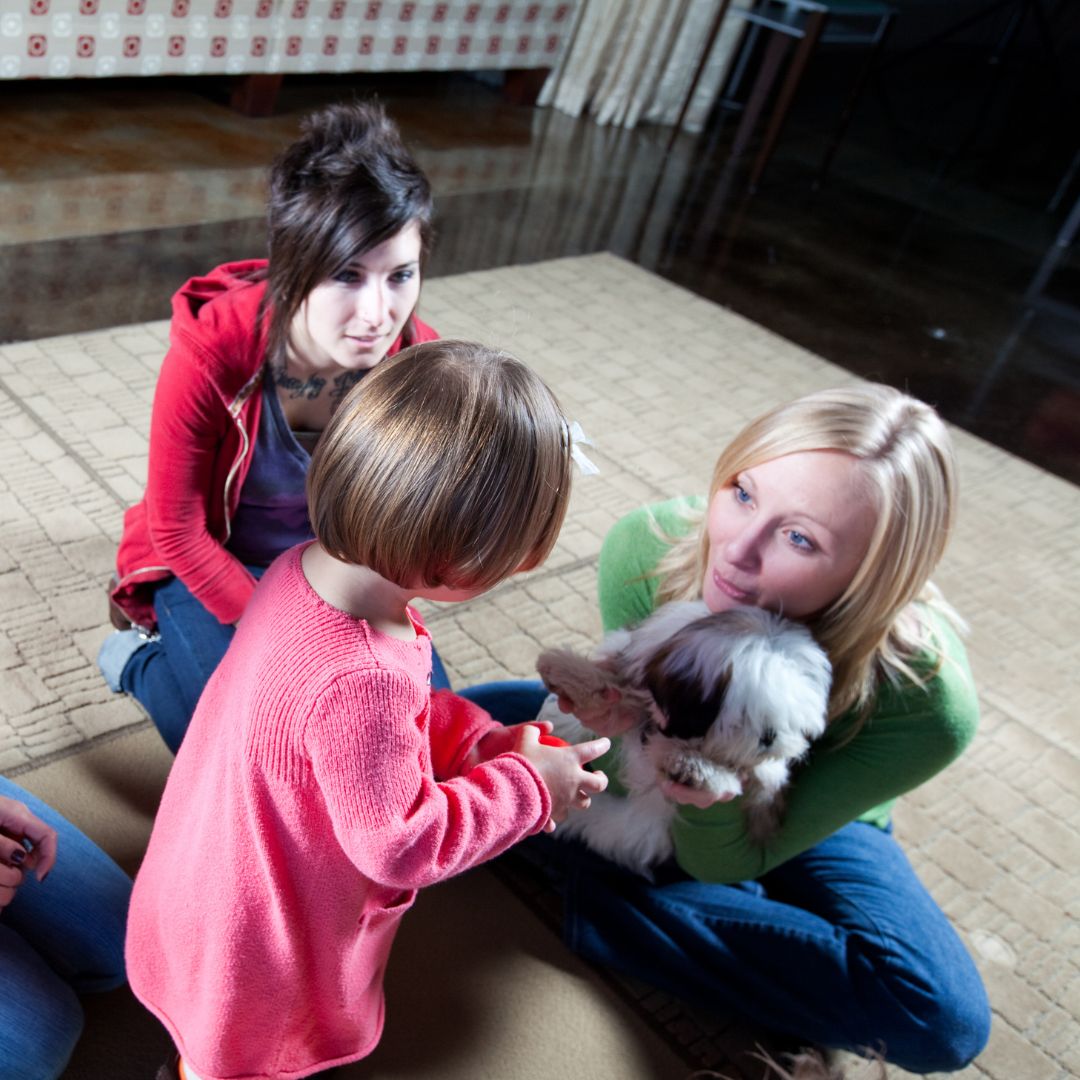Updated: 16.05.25
Mental health awareness has gained significant traction in recent years through prominent campaigns and increased public dialogue. Yet, children’s mental health remains underrepresented in these conversations.
This oversight must change—mental health challenges can profoundly affect children and young people, impacting their ability to learn, build friendships, and navigate daily life.
The COVID-19 pandemic and subsequent lockdowns significantly harmed children’s mental health and wellbeing. School closures and limited social interaction left many feeling isolated, anxious, and lonely. Even in 2025, these effects linger.
1. What Is Children’s Mental Health Day?
Children’s Mental Health Day is a UK-wide campaign dedicated to raising awareness of mental health issues among children and young people.
Held annually during the second full week of October, this initiative was launched in 2015 by Place2Be, a UK charity providing emotional support to youth.
Place2Be’s research revealed that nearly half of adult mental health issues begin before age 14, prompting the campaign’s creation.
Supported by high-profile figures like Prince William and David Beckham, the campaign reached over 15 million people by 2024. The 2025 theme, “Growing Together,” encourages children to openly discuss their mental health and face their fears.
This day offers a chance for reflection on past challenges and fosters hope for a brighter future.
2. Why Is Children’s Mental Health Day Important?
The 2025 campaign is critical, as studies show the pandemic’s lasting impact on children’s mental health. A 2024 Place2Be poll found that 68% of parents reported increased anxiety in their children since the pandemic began.
Starting conversations about mental health with children is now more essential than ever.
3. Tips for Discussing Mental Health with Children
Here are four practical tips to foster open dialogue:
- Talk openly and honestly: Share your own mental health experiences to normalise the topic and encourage your child to express their feelings.
- Listen without judgement: Create a safe space by listening attentively without interrupting, offering support when needed.
- Encourage healthy coping mechanisms: Promote activities like exercise, journaling, or speaking with a trusted adult to manage emotions.
- Seek professional help: If concerned, consult your GP or organisations like YoungMinds for support.
4. Mental Health Activities for Children
Engaging activities can help children manage their emotions and build resilience. Here are some effective options:
- Exercise: Physical activity releases endorphins, reducing stress and boosting mood.
- Journaling: Writing thoughts and feelings helps process emotions and identify negative patterns.
- Relaxation techniques: Practices like yoga, meditation, or deep breathing calm the mind and body.
- Talking to a trusted adult: Conversations with teachers, doctors, or counsellors provide valuable support.
Explore our mental health resource collection for tools to support your child’s wellbeing.
5. How Can You Get Involved?
Whether you’re a parent, teacher, or young person, there are many ways to participate in Children’s Mental Health Day:
- Share the campaign on social media with hashtags #ChildrensMentalHealthDay and #GrowingTogether.
- Discuss your mental health experiences to reduce stigma, either online or in person.
- Encourage youth to express their feelings and seek help when needed.
- Collaborate with your child’s school to support mental health initiatives.
- Organise community events to raise awareness of children’s mental health.
Wrapping Up
Open conversations about mental health from a young age are crucial. Children’s Mental Health Day provides an opportunity to break down stigma and support children’s emotional wellbeing.
Every child’s needs are unique, so tailor your approach to suit them. By raising awareness, we can ensure more families seek help when needed.
If you’re unsure where to start, resources from YoungMinds or Place2Be can guide you.
Share this post to spread awareness and improve children’s lives across the UK.
Frequently Asked Questions
What is Children’s Mental Health Day?
Children’s Mental Health Day is a UK campaign held annually in October to raise awareness of mental health issues among children and young people, founded by Place2Be in 2015.
How can I talk to my child about mental health?
Start by sharing your own experiences to normalise the topic, listen without judgement, and encourage healthy coping strategies like journaling or exercise.
What are some activities to support children’s mental health?
Activities like exercise, journaling, relaxation techniques (e.g., yoga), and talking to a trusted adult can help children manage their emotions.
Where can I find professional help for my child’s mental health?
Contact your GP or visit organisations like YoungMinds or Place2Be for expert support.
How can I save time planning mental health activities for my child?
Use pre-made resources from charities like Place2Be or YoungMinds, or explore our mental health activity kits for quick, engaging options.





Share:
Does Not Having A Father Affect A Child?
Interview With Elaine Nicholson MBE About Autism